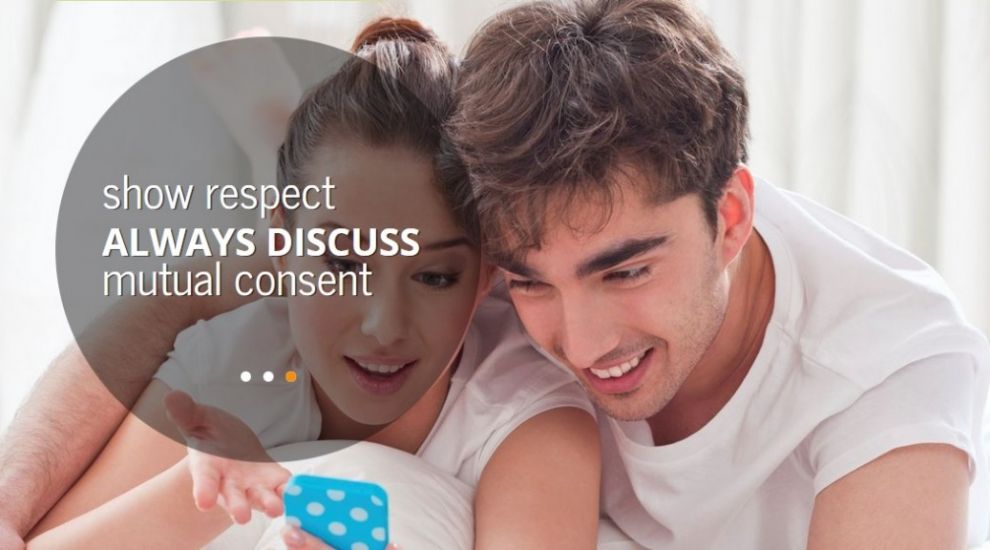
A new app that asks users to video a partner consenting to sex in order to protect them against rape claims has been accused of trivialising the subject of sexual assault.
The We-Consent app asks users to film 20-second clips of both partners clearly heard saying ‘yes’, and must register both faces in the camera. If not, the recording will stop and recommend couples do not have sex.

The US-based developers say it will end “misunderstandings” over consent, but sexual abuse support groups say the app is wrongly portraying rape as miscommunication rather than sexual violence.
The Rape and Sexual Abuse Support Centre (RASASC) told the Daily Mail: “This app seems to completely misunderstand sexual consent as an ongoing process rather than a one-off decision.
“It also appears to be based on the myth of sexual miscommunication, that rape is the result of a misunderstanding of consent rather than a decision made by a rapist.”

The app asks users to say their names on camera before clearly stating ‘yes’ or ‘no’. The footage will then be stored in the cloud and could be accessible to the police if requested by a court order.
Earlier this year, the director of public prosecutions Alison Saunders said suspects should be questioned on the steps they took to establish consent as part of new guidelines on sexual assault cases. The app’s developers say their app fits this criteria, saying it could contribute to fewer rapists escaping justice by clearly establishing a consent clause between partners.
Creator Michael Lissack said the app was targeted at “athletic teams and (college) fraternities” who seemed to be “mostly involved with scandals”. However, critics say that this attitude increases the perception that false accusations of rape are more common than in reality.
Elouise Beverley, a member of the Royal Holloway, university of London’s feminist society told student newspaper The Tab: “It seems the creator is more concerned with the reputations of perpetrators than the well-being of survivors of sexual assault.
“However despite those concerns I think checking in to make sure everyone is sober and making informed consent is definitely a step in the right direction.”